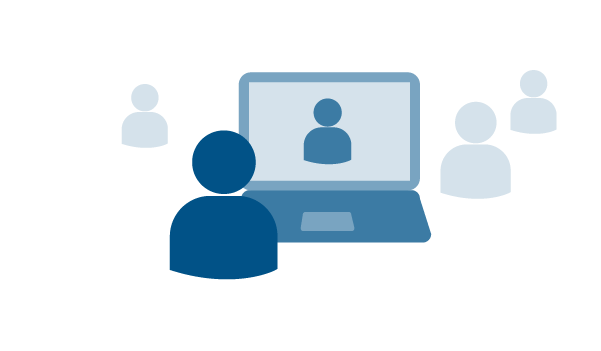Background & Authorities
About NETAP Trainings
Contacts
The National Earthquake Technical Assistance Program (NETAP) is designed to help state, local, territorial and tribal governments obtain the knowledge, tools and support that they need to plan and implement effective earthquake mitigation strategies. The program provides instructor-led training courses.

Recorded Trainings
Recorded trainings are available on YouTube for selected NETAP programs.
Background And Authorities
In accordance with the Earthquake Hazards Reduction Act of 1977 (Public Law 95–124), as amended in 2004 (Public Law 108-360) and as required by the National Earthquake Hazards Reduction Program (NEHRP) Reauthorization Act of 2018 (Public Law 115–307), it is FEMA’s responsibility to support “the implementation of a comprehensive earthquake education and public awareness program, including development of materials and their wide dissemination to all appropriate audiences and support public access to locality-specific information that may assist the public in preparing for, mitigating against, responding to and recovering from earthquakes and related disasters.” FEMA developed the National Earthquake Technical Assistance Program (NETAP) as a mechanism for delivering direct assistance to the public to increase their ability to analyze risks, make plans and take actions aimed at reducing seismic risks and supporting overall community resilience. The program is one element of FEMA’s ongoing participation in NEHRP.
What are NETAP Trainings?
NETAP provides trainings and associated materials on topics related to earthquake risk reduction. The trainings, which span from a few hours to two days in duration, are intended for a wide variety of participants with broad professional backgrounds. NETAP trainings are offered via one of two delivery methods: in-person or web-based.
NETAP pays for the salary and expenses of an approved instructor and for any educational materials used by the training participants and instructor. The state, territorial, or local government requesting the training, in cooperation with any partnering organizations, is responsible for recruitment and registration of students.
For in-person trainings, the requesting organization is also responsible for local logistical requirements (e.g., meeting space, audio/visual equipment, refreshments).

See the schedule, register for trainings, and access publicity materials at the ATC's website.
Contact Us
- FEMA Regional Earthquake Contacts
- FEMA NETAP Managers Jon Foster (jonathon.foster@fema.dhs.gov), NETAP (netap@atcouncil.org) and Mike Mahoney (mmahoney@atcouncil.org)


